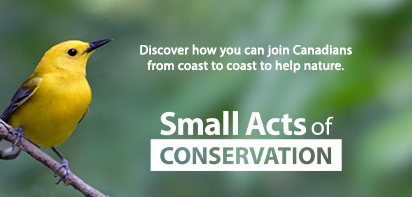Conservation group close to protecting Lake Superior’s largest privately owned island
Batchewana Island boasts 27 kilometres of pristine shoreline
The natural future of Lake Superior’s largest privately owned island is on the verge of being protected forever.
The Nature Conservancy of Canada (NCC) has reached a purchase agreement with the current owner of Batchewana Island (in some instances spelled “Batchawana”) and is raising funds to finalize the deal.
Batchewana Island’s 27 kilometres of shoreline encircle more than 2,000 hectares of mature and intact forests and wetlands that offer important iconic species. Gray wolf, black bear, moose and more than 30 provincially significant bird species prowl, forage, den, nest and fly through the island’s woods. Many fish, including endangered lake sturgeon, spawn in the shallows offshore.
The intact old-growth forests and wetlands that cover the island provide nature-based solutions to slow the pace of climate change by storing carbon, filtering water and supporting biodiversity.
Because the island’s wetlands are undisturbed, they act as important carbon sinks, sequestering carbon for centuries, benefitting local communities and the world. In fact, the carbon stored here is equivalent to the energy used by over 500,000 homes annually. As the forest continues to mature, it pulls even more carbon dioxide out of the atmosphere.
NCC is moving quickly to buy Batchewana Island to protect it from development pressures. Part of the island is currently zoned for recreational development, and there is ongoing demand for cottage lots with frontage on Lake Superior. The island’s diverse forests of sugar maple, yellow birch, white and black spruce, northern white cedar and other tree species could also be subject to logging activities, if the island is not conserved.
NCC has already raised 80 per cent of the $7.2 million needed to purchase and care for the island property, thanks to the support of private donors. To learn more or to donate, visit natureconservancy.ca/batchewana.
In the face of rapid biodiversity loss and climate change, nature is our ally. There is no solution to either without nature conservation. When nature thrives, we all thrive.
Quotes
“This is our best and possibly last chance to see this incredible island protected for the future. The impact of conserving Lake Superior’s largest privately owned island cannot be understated. The communities of plants and animals that rely on Batchewana Island are unique and precious. I can’t wait for the day when we can say they get to stay that way forever.” — Kaitlin Richardson, program director, Nature Conservancy of Canada
Facts
-
Initial species surveys identified 36 provincially significant bird species, including evening grosbeak and rusty blackbird. Batchewana Island is a prime location for migratory birds to rest, feed and replace their worn or damaged feathers during their journeys north and south.
-
Batchewana Island is situated just south of Pancake Bay Provincial Park (1,700 hectares) and Batchawana Bay Provincial Park (169 hectares), contributing to a network of protected areas on the southeastern portion of Lake Superior.
-
NCC has been working in the Lake Superior natural area for over 20 years and has helped to protect over 6,800 hectares of ecologically significant habitat.
About
The Nature Conservancy of Canada (NCC) is the country’s unifying force for nature. NCC seeks solutions to the twin crises of rapid biodiversity loss and climate change through large-scale, permanent land conservation. As a trusted partner NCC works with people, communities, businesses and government to protect and care for our country’s most important natural areas. Since 1962, NCC has brought Canadians together to conserve and restore more than 15 million hectares. To learn more, visit natureconservancy.ca.
For photos and video, click here.
Learn More
Follow us on on X (formerly Twitter): x.com/NCC_CNC | x.com/NCC_CNCMedia
Find us on Facebook
- 30 -




